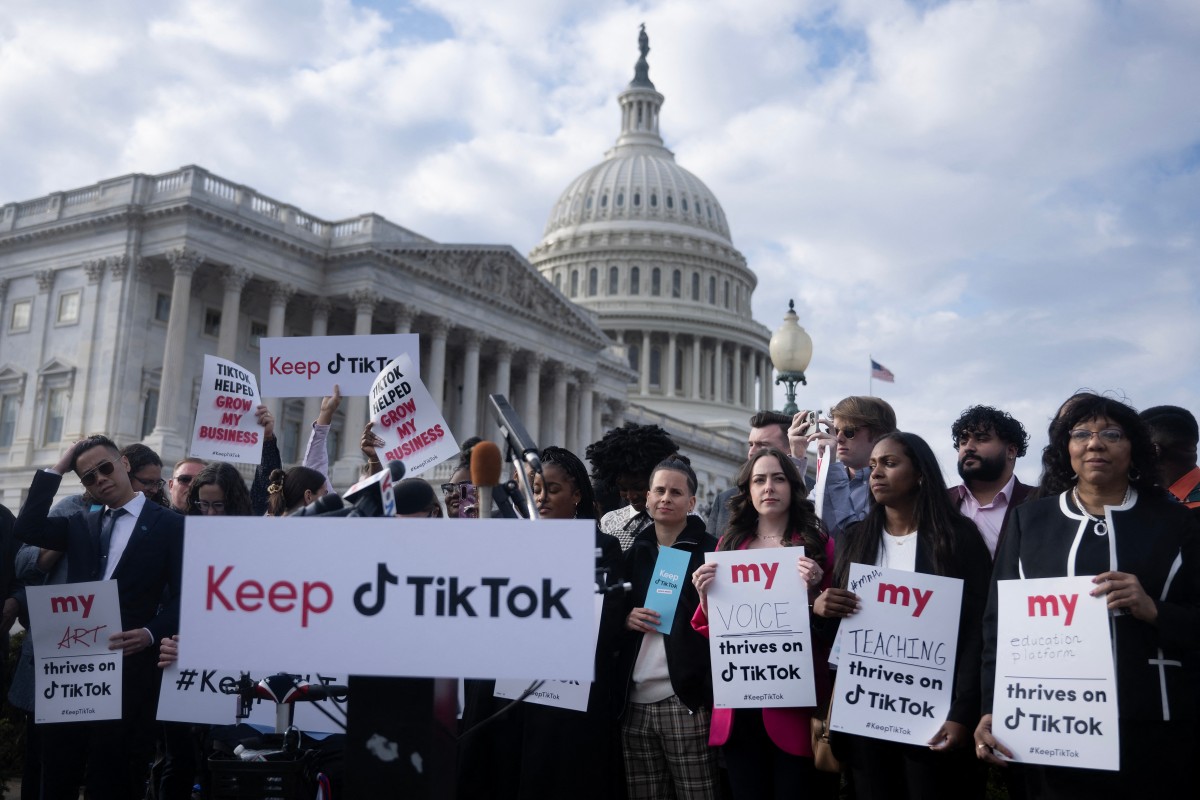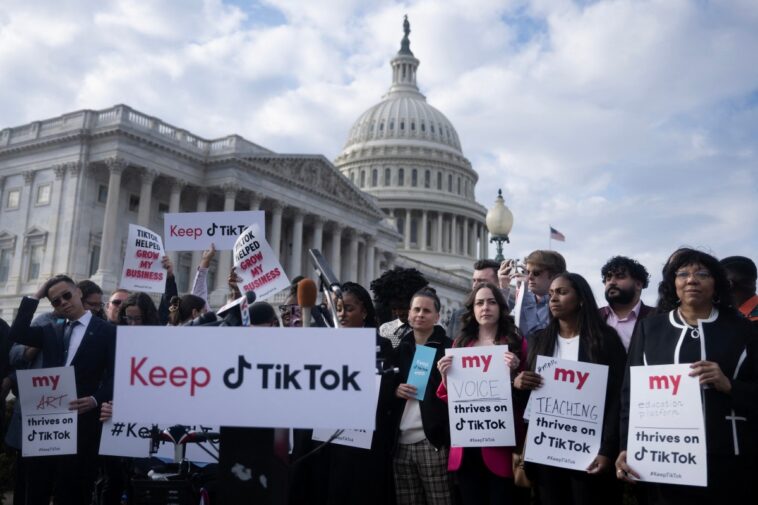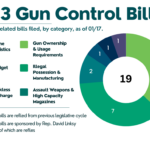
US Supreme Court Contemplates TikTok’s Fate: An Examination of First Amendment and National Security Issues
TikTok Challenges the Congressional Act and Appeals to the Supreme Court
The dwindling sands in TikTok’s hourglass veer toward an uncertain future, as the social media giant appeals against a potential ban in the United States. The controversial Act, namely the Protecting Americans from Foreign Adversary Controlled Applications (PAFACA), signed into law in April, pushed TikTok into a judicial cul-de-sac. The much-debated act warrants TikTok’s parental company, ByteDance—an enterprise rooted in China—to enforce a “qualified divestiture” to keep the social media platform operational within the US boundaries.
Deadline for “Qualified Divestiture”
Built alongside a broader appropriations package, the act compels TikTok to cut ties with ByteDance by January 19, next year. A potential 90-day extension period prevails, failing which, a nationwide ban can be levied on the platform. Implementation of such a ban would occur via restrictions imposed on app stores and internet hosting services, making it nearly impossible for TikTok to conduct business in the US.
The District of Columbia Circuit Upholds the Law
The Supreme Court’s forthcoming involvement marks a pivotal indication of another round of legal scrutiny on the Act, following last week’s unanimous endorsement by the U.S Court of Appeals for the District of Columbia Circuit. The lower court’s ruling adds to the tumultuous occurances that have trailed TikTok and ByteDance for months.
TikTok Wrangles With First Amendment Rights and Business Impact
In their appeal filing, TikTok and ByteDance contended that the threatened ban encroaches upon the First Amendment protections, posing a consequential threat to their business operation and reputation. The companies underline that Congress failed to deliberate on less restrictive measures and did not provide substantiated evidence of actual national security threats.
Timing of the Ban and Political Implications
TikTok’s ceaseless fracas adds one more complex layer within the context of American presidential politics. Should the ban go forward as scheduled, it would come into effect just a day before the inauguration of Donald Trump. His unsuccessful past endeavor to ban TikTok, paradoxically offset by recent opposition to restrictions on the platform, further muddies the waters.
Oral Arguments Set to Culminate
With oral arguments due for January 10, the judicial pendulum’s final swing rests in the Supreme Court’s hands. Their judgment could dramatically alter the landscape for one of America’s most popular social media platforms—boasting about 170 million US users—and propagate far-reaching repercussions at both domestic and global levels.
Conclusion: Balancing First Amendment and National Security
The Supreme Court’s imminent decision serves as a lynchpin for TikTok’s survival in the US, bringing into question the delicate equilibrium between First Amendment freedoms and potential national security threats. The court’s judgment is poised not only to inform policy around foreign-owned digital platforms but also to affect the immense diaspora of TikTok users nationwide. Its implications will long echo within the establishment, technology industry, and among millions of current and potential future users of the platform.
Originally Post From https://www.jurist.org/news/2024/12/us-supreme-court-agrees-to-hear-challenge-to-tiktok-ban/
Read more about this topic at
TikTok Challenges Shutdown Order Amid National Security …
BetaKit


